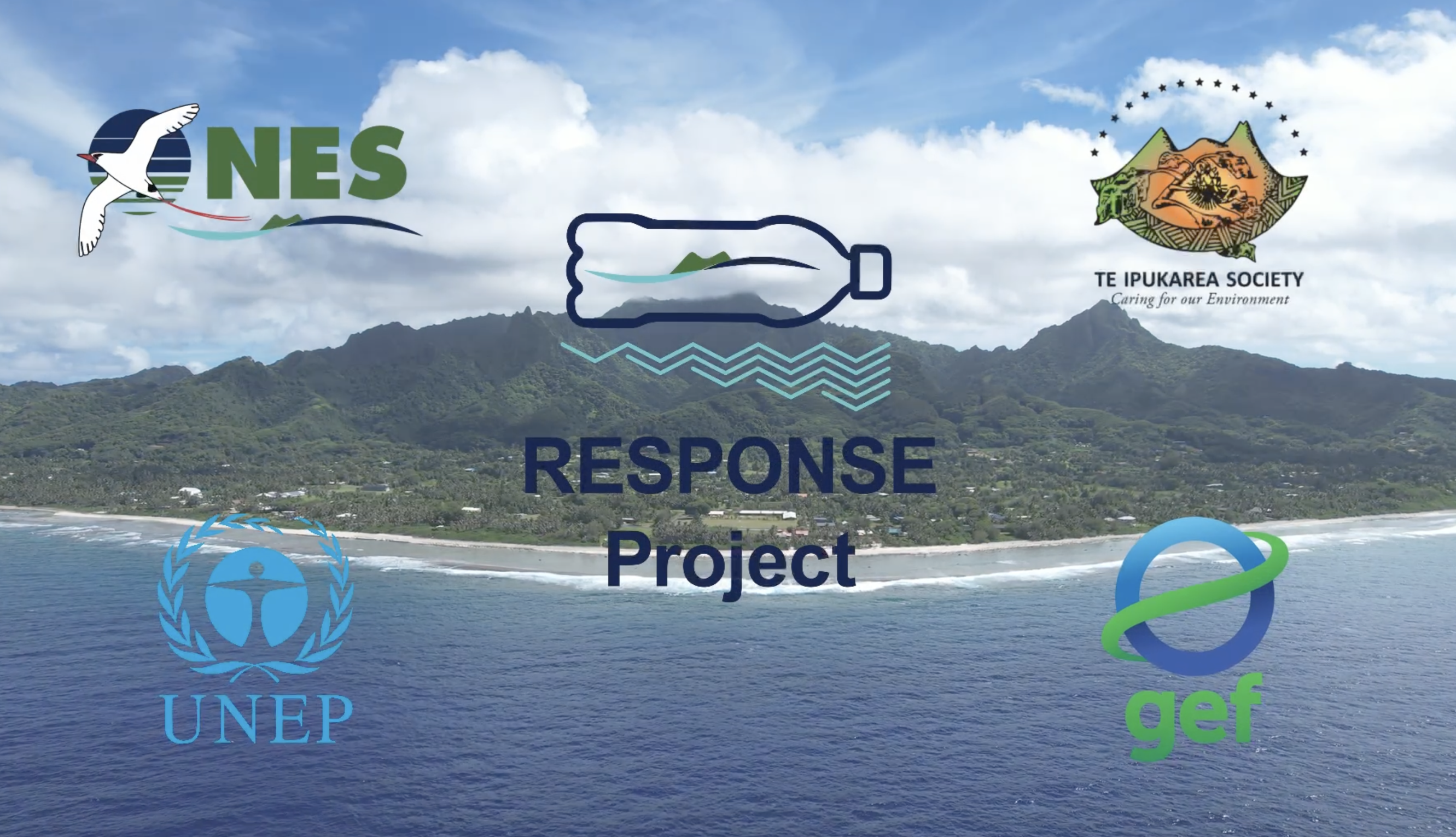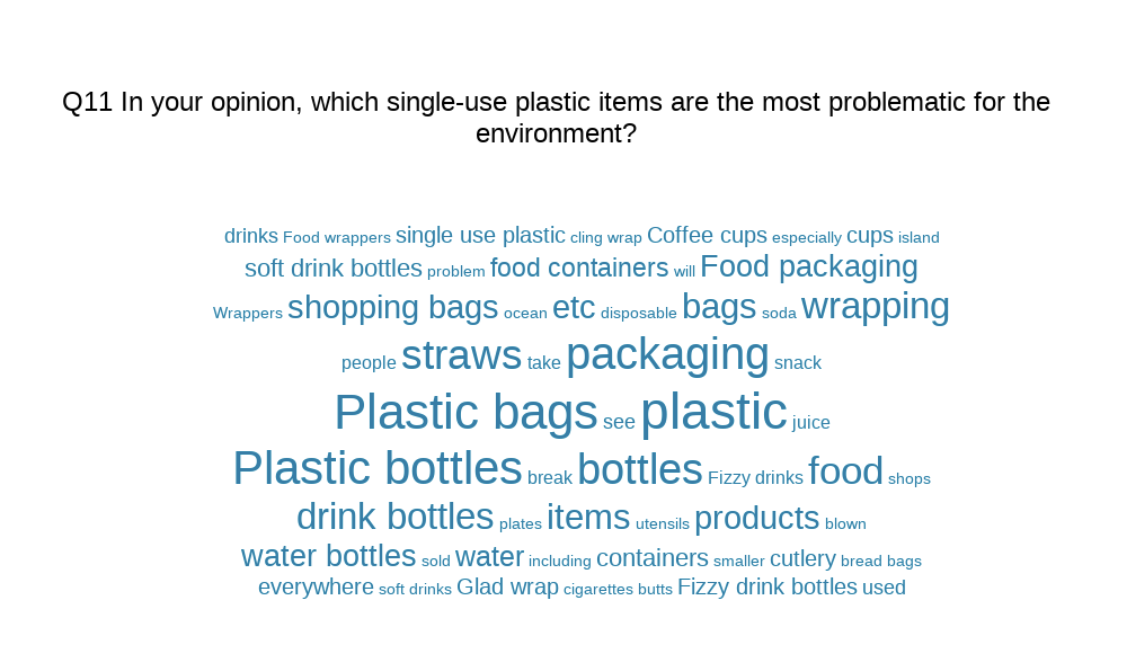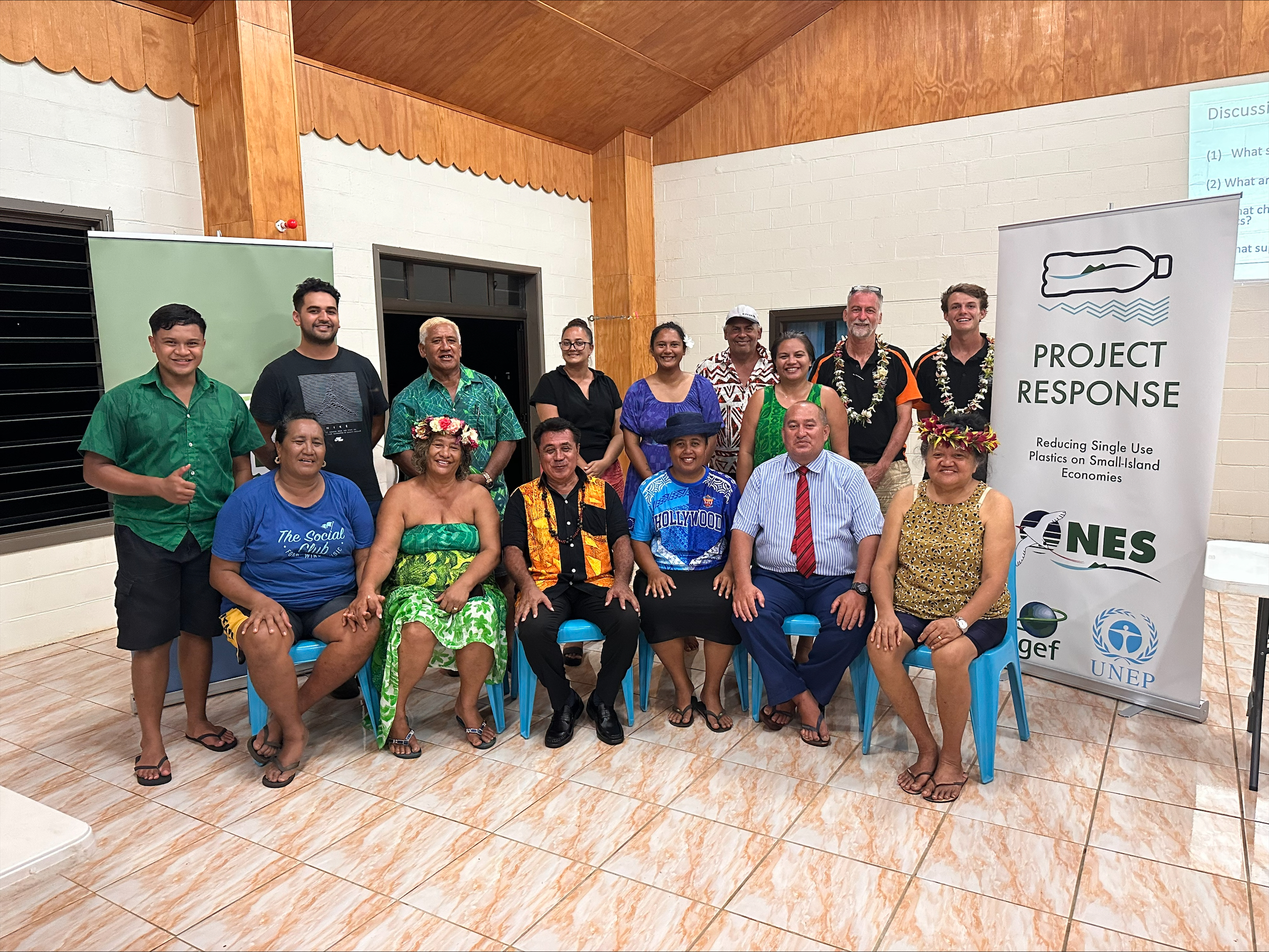
Our Environmental winners
The survey was released on the 2nd April and was open to all, and closed on the 17th April 2024. Prize winners were drawn on Thursday 17th April via
The Rarotonga Environment Act 1994/95 was repealed by the Environment Act 2003 formalising the establishment of the NES.
The role of the National Environment Services is based on 5 main areas and has four main departments.
There is a suite of policies, strategies and plans developed over the years to enable environmental protection, conservation and management.
Our cultural identify is deeply rooted in our environment and it is part of our heritage and legacy.
An Environment Consent is a permission granted to an applicant undertaking an activity that has some but not significant environment impact.
A permission required for the construction of a standard residential dwelling or non-construction purposes such as land clearance.
A management tool used to identify the environmental, social and economic impacts of a project prior to decision making.
Any person planning to take any wild animal or plant overseas must apply for a permit for trade movement of endangered species (CITES).
All importers of bulk HFC goods must register as an approved importer with NES.
Other permits issued by NES relates to the transboundary movement of waste, ozone depletion substances and wildlife.
The Environment Act 2003 is the primary legislation applied throughout the Cook Islands and the Outer Islands (Pa Enua) of Aitutaki, Atiu, Mauke and Mitiaro.
Several subsidiary legislations made under the Environment Act 2003 to apply provisions of the Act and to also include the Pa Enua.
Numerous national legislations interlinked with the environment but administered by other government entities.

The survey was released on the 2nd April and was open to all, and closed on the 17th April 2024. Prize winners were drawn on Thursday 17th April via

The RESPONSE project, funded by the Global Environment Facility (GEF) and supported by United Nations Environment Programme (UNEP), aims to reduce the amount of single

Single-use plastics have become an everyday convenience for many Cook Islanders. The survey shows about 25% of respondents use single-use plastics every day and about

The GEF 8 Plastics RESPONSE Project will assist and support stakeholders reduce single use and problematic plastics within the food and beverage sector through direct